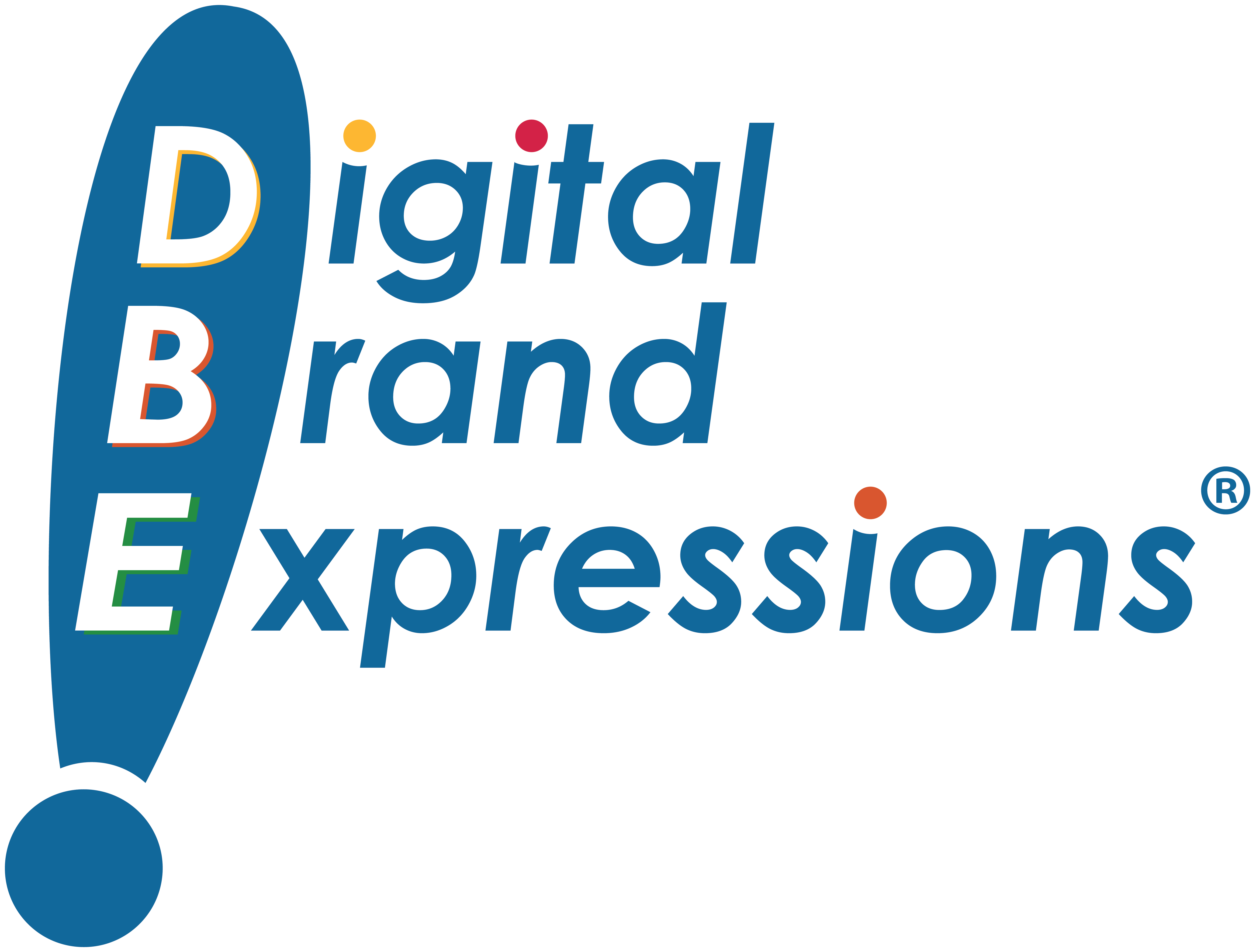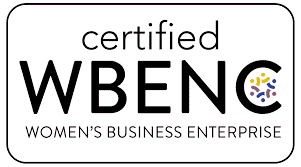By: Jeffrey D. Erb
Advisor, Digital Brand Expressions
This month we released a white paper on the need for SEO within Life Sciences companies, a topic that I find extremely relevant, particularly in today’s Life Sciences marketing environment. According to Pew Research Center, 72% of the adult population’s first reaction to a symptom or condition is look online to see what they can find. Of those people, 82% start that process using a search engine such as Google, Bing or Yahoo, as opposed to 13% who go straight to a website that focuses on health information like WebMD… and that’s just consumers! According to a study commissioned by Google, 86% of U.S. physicians use the Internet to gather health, medical or prescription drug information and 71% said they start their research with a search engine.
With this kind of clear definition around where, how and why people go to begin their search for a solution to their medical symptoms, it paints a solid picture as to why SEO should be a critical element in every aspect of marketing for Life Sciences companies. Yet, most Life Sciences companies are light years behind other industries as it relates to SEO and their marketing budgets remain heavily skewed towards traditional advertising.
I find that a to a large degree, it comes from a lack of understanding in what actually affects SEO and how critical all of a brand’s marketing channels are when it comes to creating the social signals required to have an impact on search engine results. Search engines are about more than just keywords and meta-tags. The algorithms that they use change more frequently than most people realize, and they are designed to help people find content that is most relevant to their intended purpose, not just be tricked into pointing to pages with certain keywords and phrases.
It is extremely important to ensure that your marketing content is a coordinated effort with an integrated SEO strategy. Great SEO practice uses your owned and earned channels (public relations and social media interactions initiated by others that reference your relevant keywords) to drive users back to your website, to contribute to the relevance of your site as it relates to those keywords, and most importantly… to establish your site as an authoritative and respected resource for relevant information.
In the Life Sciences industry, other types of sites will be competing for the same page ranking market share that you will be trying to own. Non-profit organizations and journalistic sites catering to customers seeking knowledge, such as the Mayo Clinic or Web MD will be competitors for SEO rankings. The challenge for a Life Sciences company is to create a unique experience that can’t be found on encyclopedic sites, which are full of information, but without a distinct character or voice. Additionally, in order to be effective, SEO must be treated as an ongoing marketing initiative, like the other programs in the marketing mix, not a “once and done” effort.
For a comprehensive view of best practices and insights into SEO within the Life Sciences industry, email us for a copy of our white paper: Why Life Sciences Company Need Real SEO.

